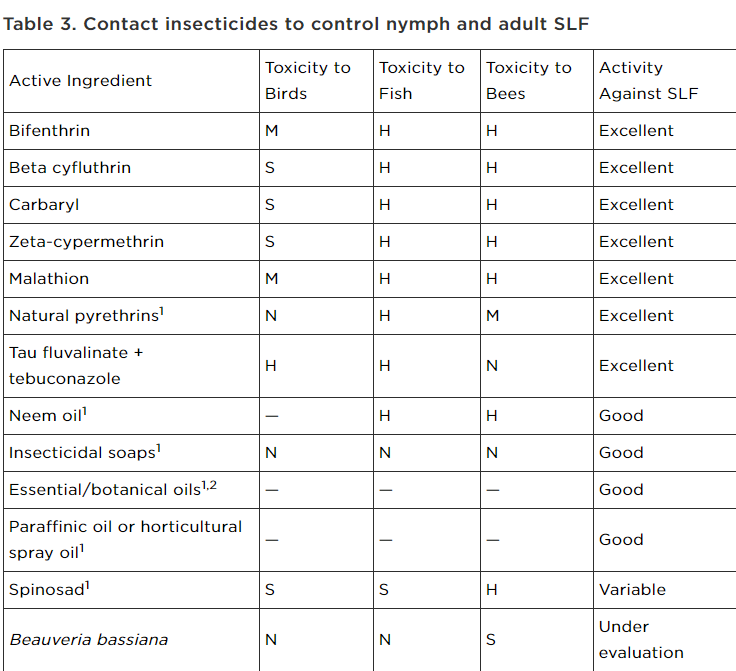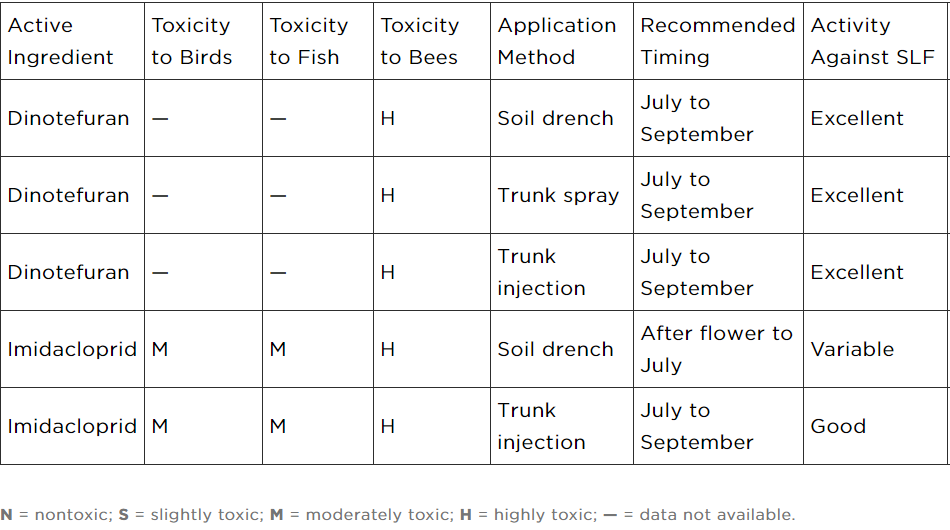Insect Identification
Identify and Eradicate
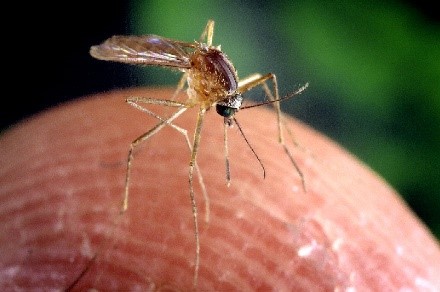
Mosquitoes
Mosquito bites not only hurt, cause itching, and unsightly red welts but they also transmit more diseases than any other creature. In the past 20 years, cases of mosquito-borne diseases in New Jersey have been on the rise. As the summer heat and humidity climb, mosquito populations continue to grow. It’s important to keep mosquito populations down. Spartan Mosquito Eradicator gives you 90 days of control for less than .45 cents a day. No sprays, fogs, nets, citronella, electronic equipment, or zappers. All you need is water. Hang the tube on a fence, shed, or tree and safely enjoy your yard.
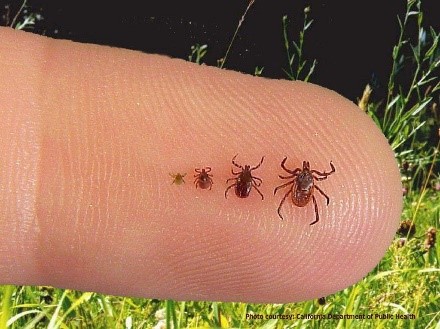
Ticks
The most common species of ticks in New Jersey are the Black-Legged/Deer Ticks, the Lone Star, and American Dog Ticks. Black-Legged/Deer Ticks are the ones that transmit Lyme disease, and unfortunately it is soaring in New Jersey, according to new data from the New Jersey Department of Health. If ticks are a problem in your yard, remember they can sense pesticides and will retreat, so be sure to treat your entire property, especially tall grass, around trees, and surrounding, nearby wooded areas to make sure ticks do not find their way into your home, on you or your pet.
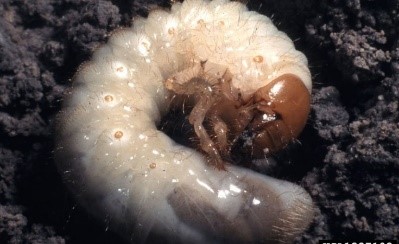
Grubs
Grubs are the larvae of Japanese, June, and Chafer beetles. They feed on your lawn’s root system and organic matter in your soil, causing thin, dry, brown, and wilting sections of your yard. Grubs are also a favorite snack for raccoons, birds, and skunks who love to go hunting and dig up your lawn. Control grubs by killing them before they hatch and begin to cause lawn damage. Apply a preventative grub control product in spring or early summer
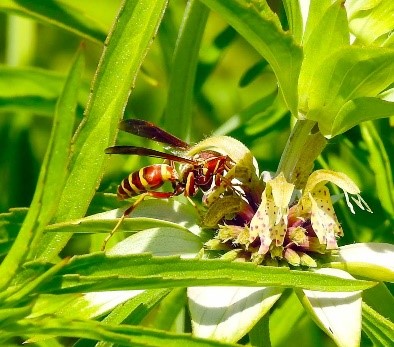
Wasps
Yellowjackets, paper wasps, cicada killers, and mud daubers are the most found wasps in NJ. Yellowjackets are usually around more than the other types, especially during the summer months. These wasps do not have a hairy body as bees do. Instead, they have a smooth body with black and yellow coloring. The yellow jacket and paper wasp can sting you repeatedly. Stinging bees and wasps have their place in the environment, just not in your yard. You must kill the insects first and make sure the nest is completely inactive before you remove the nest.
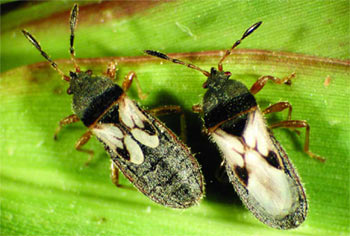
Chinch Bugs
Chinch bugs are tiny but can cause major damage to your lawn. They suck grass blades dry and inject poison into them. This poison interrupts water movement into the grass and the grass eventually dies. If your grass does not green back up afte r it is watered, you may have Chinch bugs. Chinch bugs live in the thatch layer of your lawn and rear their ugly head in early Spring and throughout the summer. Bifenthrin and a few other insecticides work to kill Chinch bugs, so they don’t kill your lawn.
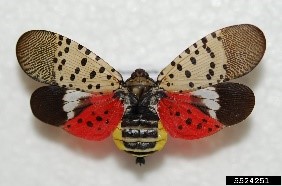
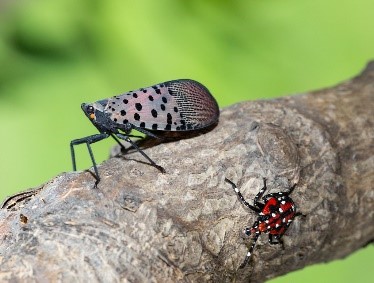
Spotted Lanternfly (SLF)
For you, beer and wine drinkers this invasive species threatens hops and grapes. And that’s not all, they also feed on fruit trees, and hardwood trees common in forests and ones used in landscape plantings. Trees of choice include black walnut, red maple, river birch, willow, ornamental bushes like roses, and agricultural crops such as grapes, apples, and peaches. SLF likes to feed primarily on the trunk and limbs of plants, not on the fruit or leaf tissues although young nymphs may feed on the leaves, particularly along the leaf veins. Different Insecticides are available and will work depending on the life cycle of the insect.
Not sure what type of insects you’ve got? You can stop into our South Jersey yard care store at 517 Franklinville Rd in Mullica Hill, NJ, or contact us through our Ask the Expert form. Send us a picture and we’ll help you identify the insect.
CONNECT
Get in Touch
Contact:
(856) 478-6704
yardcare@organicturftrade.com

